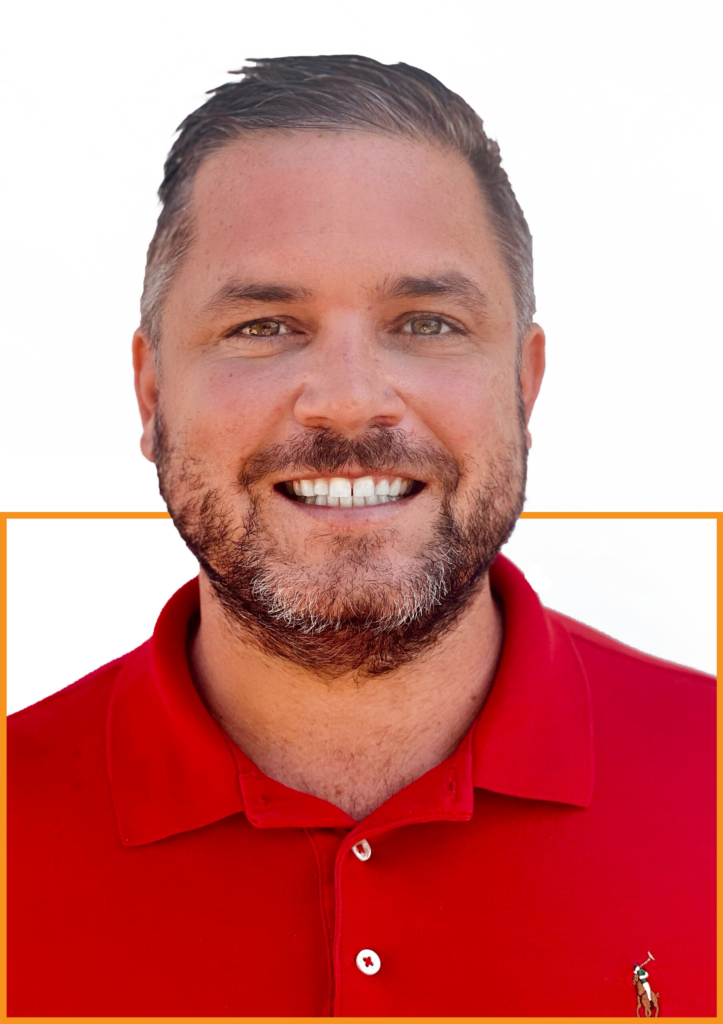Think about all the things you plan for in life. If you’re like most people, you make arrangements for important things weeks, months, or even years ahead of time. Consider a family trip, for example. Most people don’t decide to take a vacation on a whim. There’s lots of preparation that goes into a trip if you want it to go as smoothly as possible.
You’d never dream of putting off the planning for something as extensive as a family vacation until the last minute. You don’t wait to book your flights and hotel rooms the week before you leave. If you did wait that long, there probably wouldn’t be any more accommodations available. Instead, you make reservations far in advance to ensure there’s enough space for you and your family.
The same thing applies to finding a good addiction treatment program for your loved one. Even if they aren’t ready to get help just yet, it’s a good idea to start looking at different treatment facilities ahead of time. You don’t want to find yourself scrambling to find an available facility when your loved one finally decides to ask for help.
Have you pre-planned any treatment programs for your loved one? If not, it’s time to start thinking about where to send them to get the help they need as soon as they’re ready to go.
Planning for Addiction Treatment
If your child decided that they’re ready to go to treatment today would you know where to take them? You never know when they’ll finally reach their breaking point and that moment of clarity will arise. If you don’t know where you would take them, though, that’s a problem.
Too many parents want their children to get help but don’t think all the way through on how to get it. Loving someone in active addiction oftentimes leads to a very narrow view of the world. It’s difficult to think very far outside of anything that directly involves or affects that person.
Even when it comes to getting them the help they need, the steps to take aren’t always clear. Parents often focus on interrupting their child’s drug use but don’t think about what to do after that. Planning for addiction treatment is an important step in the right direction for recovery.
Get Out of Emergency Mode
Parents with children who are addicted to drugs tend to live in “emergency mode.” You’re always waiting for whatever’s next, whether it’s the tension at a family gathering, another request for money, or that middle-of-the-night phone call. You never know what’s in store and waiting around the corner.
You’re not alone if you live in a near-constant state of nervousness and anxiety when you have a child who abuses drugs. You’ve probably handled your fair share of crises at one point or another. There are heated arguments that end in hurt feelings and leave you feeling on edge. Many families of addicts share the same experience.
Emergency mode becomes second nature after a certain point but it’s not a good place to live. It puts you in a position where you’re always reacting instead of responding. Everything seems like it needs to be addressed immediately but like there’s little time to do anything.
You don’t want to be in emergency mode when your loved one finally decides they’re ready for treatment. Rushing to find a facility while your loved one is still willing to go means you’ll have to take what you can get. Preparing a plan for treatment ahead of time puts you in a position to respond instead of reacting.
Don’t Wait Until the Last Minute
You need to be proactive instead of reactionary when it comes to finding the right facility for your loved one. Waiting until your loved one is ready to go is like waiting until the week before a holiday to book your accommodations. You’re left sifting through whatever leftovers are still available which leaves you with fewer, poorer options.
Additionally, sometimes there’s also only a small window of time when your loved one is willing to go to treatment. If you’re scrambling around trying to find a facility you’re wasting those precious moments of willingness.
On the other hand, if you have a list of facilities ready to go as soon as your loved one agrees, you speed up the process. You already have an idea of programs that meet their needs and can start looking for an open bed right away.
Planning keeps you from making reactive decisions. It relieves some of the immense pressure that comes with sending your loved one to a treatment program. When you limit the number of variables, you give your loved ones a better chance to get into a program that works for them.
Incorporating the assistance of a Recovery Navigator can simplify the process further. You aren’t left to research and find places on your own; we’re here to walk you through the process. Are you ready to take some steps towards helping your loved one? Schedule your introductory call, let us know where your family is at, and we can begin charting the course to recovery today!












